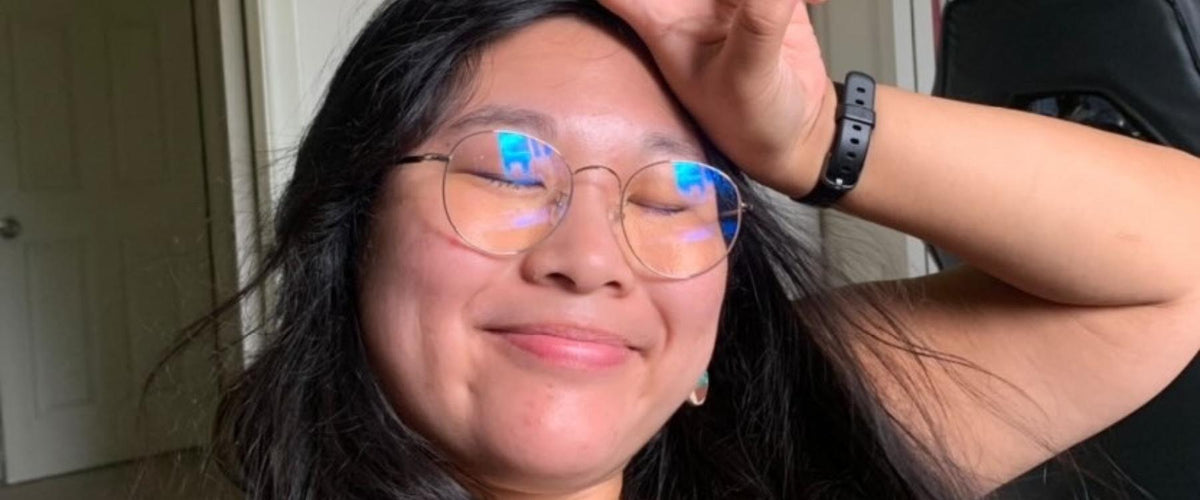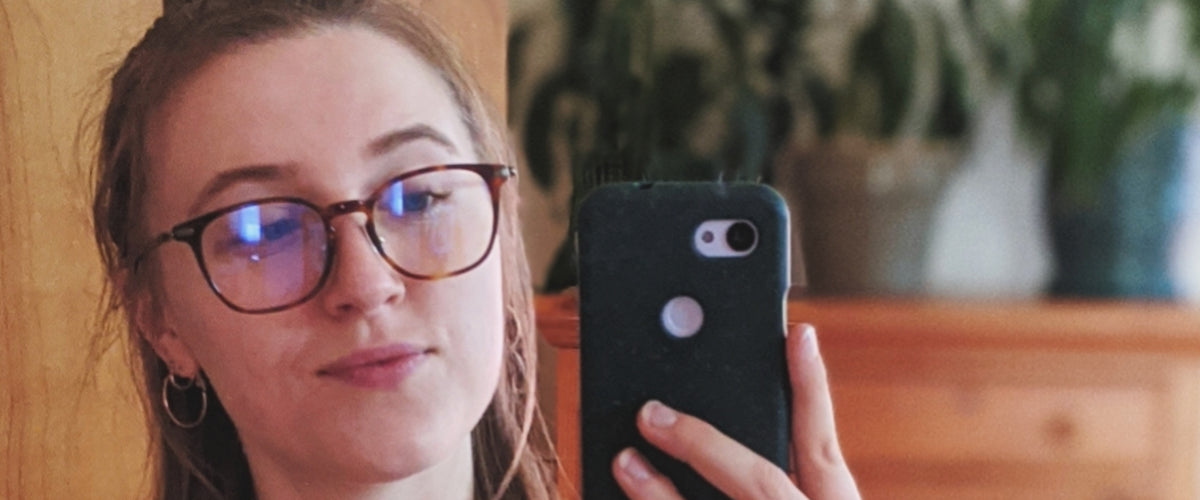Your Cart is Empty
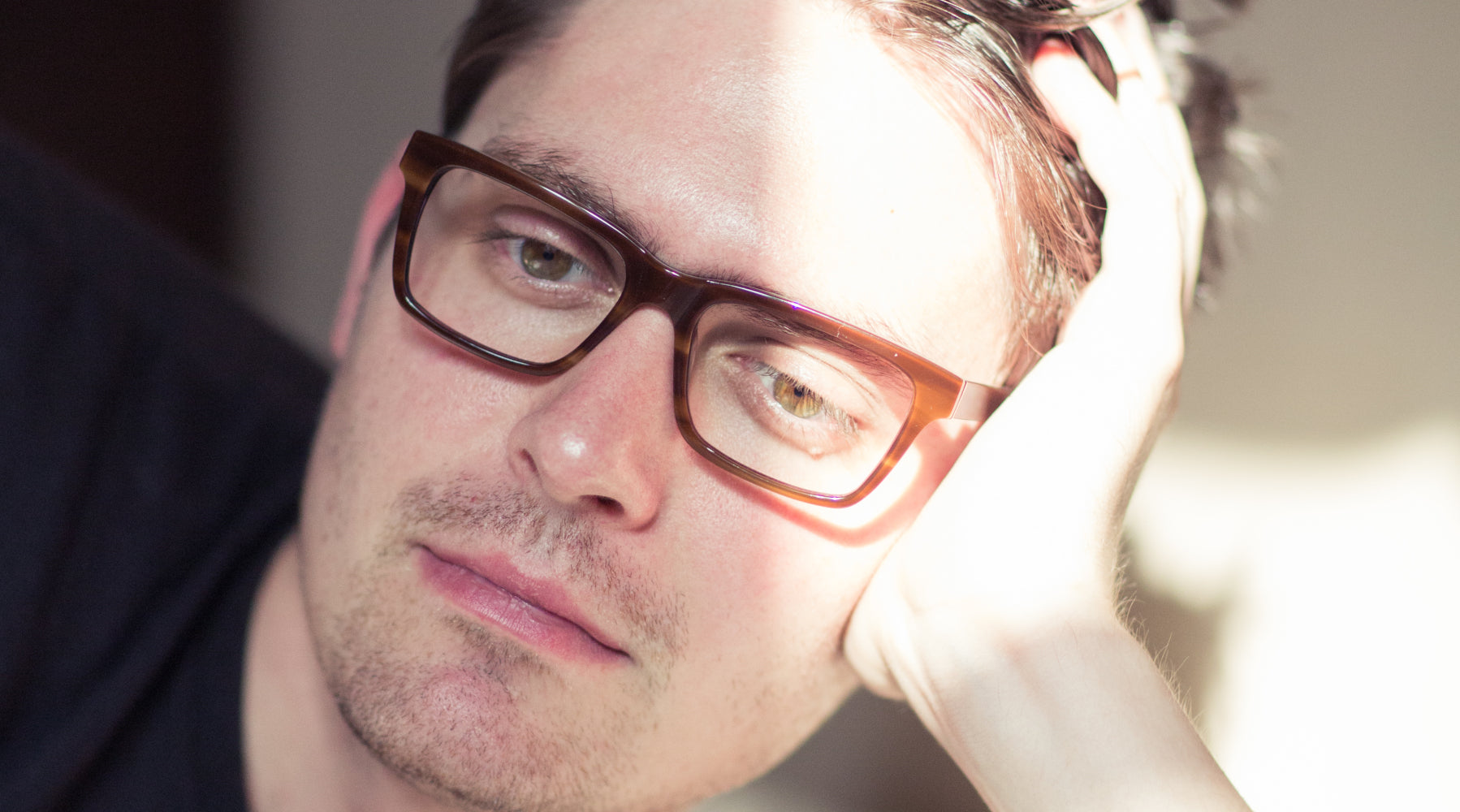
We’ve all heard it time and time again. Staying up too late is bad for your health, right?
But do you know who the real culprit is behind your late night, Netflix binge sessions? It’s this little thing called blue light, and it’s wreaking havoc on your sleep.
Before we get into all the crazy effects blue light has on your sleep and health, let’s first figure out; what is blue light anyways?
Across the light spectrum, there are many types of waves detectable by the human eye. The sun emits a range of light waves; red, yellow, orange, green and of course- blue. Together, these sources of light work together to form what is known as “white light” or what we more generally just call "sunlight." And within this spectrum of sunlight, each of these types of light produces different wavelengths, potencies, and qualities.
Specifically, blue light has a very short wavelength, and that means that its energy is very condensed and powerful.
To put it in perspective, on the entirety of the light spectrum, the only type of ray stronger than blue light is ultraviolet light. So that means blue light can pack a pretty serious punch to your eyes.
Technically, blue light is everywhere. The sun is filled with tons of it. Step outside, and you are being bathed in blue light. It’s a good thing! That blue light gets our endorphins going, connecting us to the outside world and keeping us alert. In fact, blue light therapy is now being used all over the world to treat depression, and offices are starting to use blue light bulbs to increase productivity.
But artificial blue light is being produced by the ever increasing number of screens that we have integrated into our modern lives. IPads, iPhones, our 4K Ultra HD televisions; all of these devices emit a sizable amount of blue light, and you sit a whole lot closer to those devices than you do to the sun.
So let’s get to it- what’s so bad about this blue light?
Because of its high-energy quality, blue light flickers at a really intense speed. This creates a glare that in effect diminishes our visual contrast and reduces clarity. If we expose ourselves to this phenomenon for too long, the flickering can very quickly lead to a whole host of problems; migraines, fogginess, and general mental sluggishness.
Studies are showing that prolonged exposure to too much blue light may eventually lead to cellular damage in the eye. The Mayo Clinic warns that long-term exposure can be linked to age-related macular degeneration, which is a progressive condition that could eventually lead to loss of vision. No good!
And while these long-term effects are undoubtedly scary- blue light is also making trouble for us in the short term by disrupting one of the foundations of good health: our sleep.
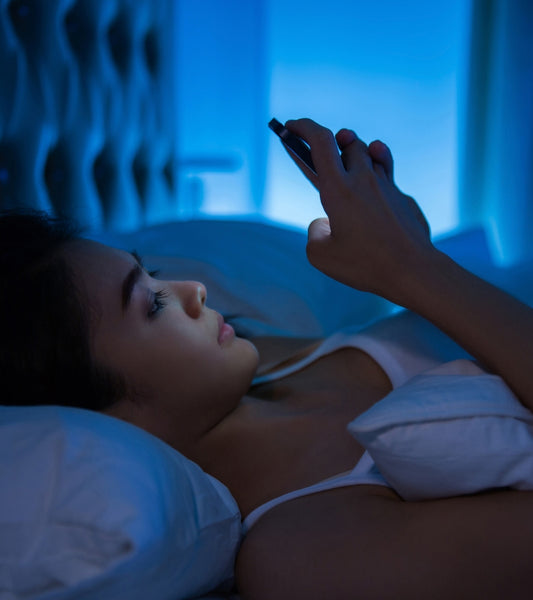
Proper sleep hygiene is one of the cores of a healthy life. Poor sleep has been linked to depression and diabetes. Healthline reports that lack of sleep and is one of the leading factors in rising obesity rates in the United States.
So if you want to get to correcting your sleep, you're going to want to take a good look at your blue light exposure.
When working at full capacity, the body has an amazing way of self-regulating our energy and sleep. That’s why people often talk about the “body clock” housed deep in our brain. Ever had the experience of waking up at the same time every morning, right before your alarm goes off. That’s your body clock at work!
The most important function of this body clock is regulating our circadian rhythm, which is the 24-hour biological cycle that tells us when to go to bed and when to wake up. Yet the circadian rhythm isn’t always perfect- it doesn’t magically know with 100% accuracy when it’s your 10 P.M. bedtime. It needs a few guideposts.
So the circadian rhythm uses the external environment around it to regulate its clock, i.e., levels of light and darkness in the day. When the sun rises, a finely tuned circadian rhythm knows it’s time to start getting up. When the sun sets- it knows it’s time to start packing it in for bed.
If we receive exposure to certain types of light too late, that circadian rhythm can easily get thrown for a loop. And remember, not all light is created equal. Exposing yourself to too much blue light and its powerful waves are going to do a lot of damage to your sleep patterns.
Further, when the sun goes down in the evening, that light signal actually creates physiological effects in our body. To prime us for sleep, the body ups its production of melatonin, a hormone that produces that feeling of sleepiness we associate with bedtime.
Blue light is extremely effective at reducing this melatonin production. New studies are making huge links between melatonin suppression and depression, obesity, and even cancer.
So, all in all, blue light during the day can do wonders for our health. But expose yourself to too much at night and that light wave is going to dismantle your health.
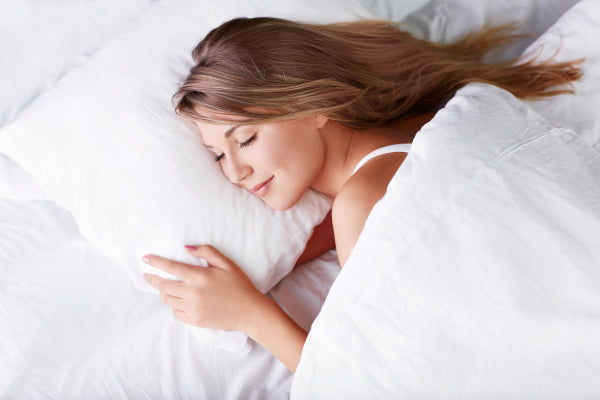
The circadian rhythm cycles through periods of wake and periods of rest. Exposure to blue light during the early morning and throughout the day triggers our energy cycles and helps us feel more focused and energetic during our waking hours. It just needs to be reduced when the sun goes down to ensure proper sleep hygiene.
Research shows that blue light actually boosts our memory and cognitive functions. It can also be manipulated to help shift workers maintain focus during late night activity.
Blue light can be used to regulate mood and is very effective at treating issues such as seasonal affective disorder (SAD) and other forms of depression.
Comments will be approved before showing up.
